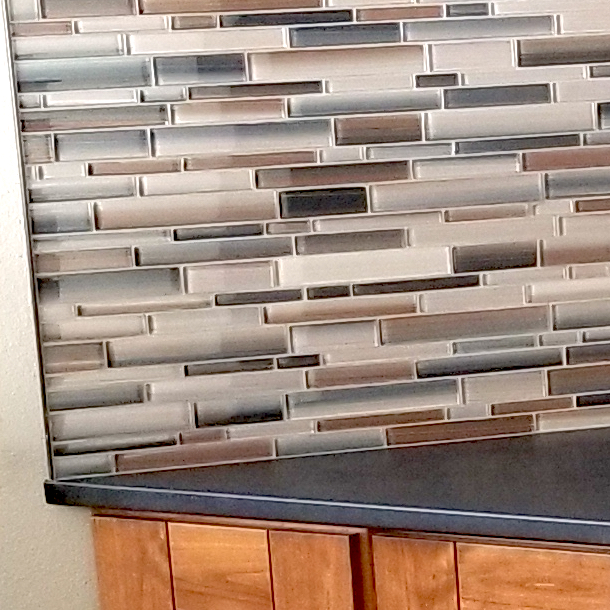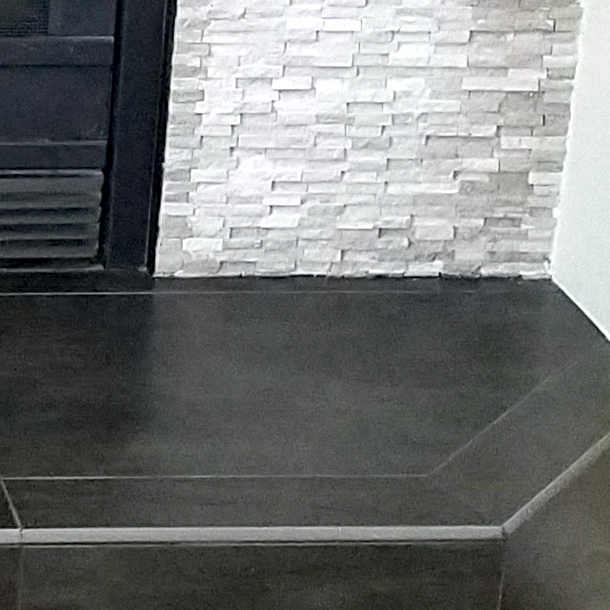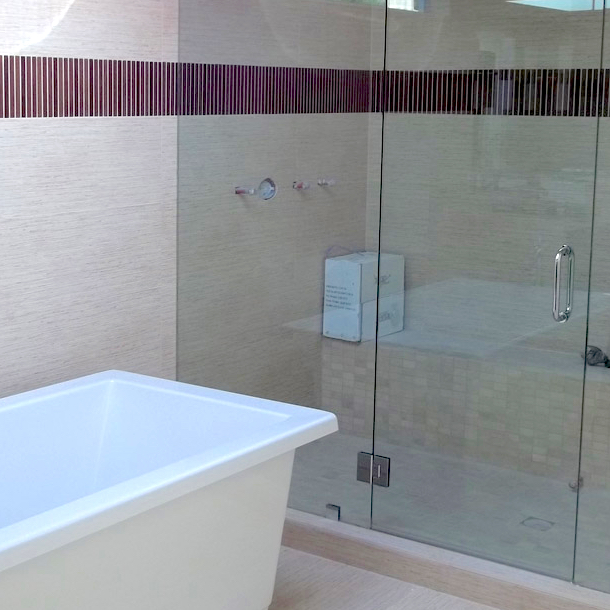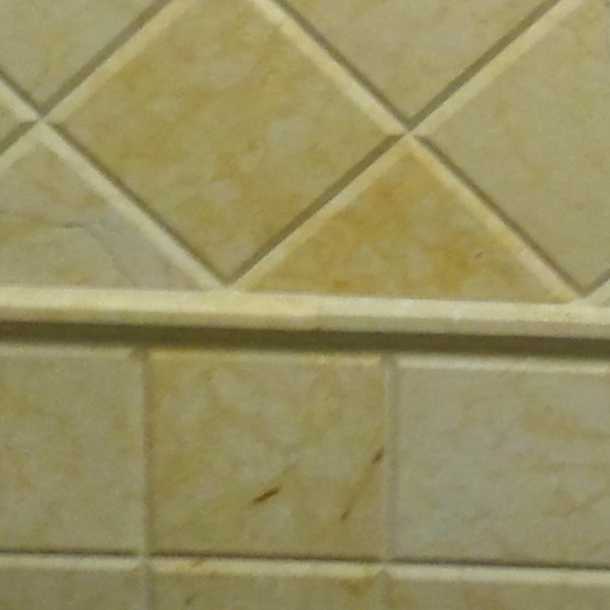FAQ's
What’s the difference in tile contractors?
Many tile local tile contractors have minimal experience, under 15 years. Many claim they know what they're doing because they have attended seminars at the local tile wholesale shop or worse home depot. Tile installers used to be a craft, an art where many years of apprenticeship work determined you were ready for a journeymen status. Sadly only a handful remain & people get what they pay for. Sometimes having to remove whats been installed then hire the proper craftsman to complete the project properly.
How do i determine what grout joints size to use?
Most tile are predetermined with an 1/8" joint size. There are rectified tiles which will allow for a tighter joint. The smaller the grout joint size, the better the install looks. It also helps with maintenance and cleaning.
Whats the difference between porcelain and ceramic tile?
Ceramic tiles are clay based & fired at a much lower temperature, roughly 1000°. Porcelain tiles are fired at 2000° so twice the temperature and the hardness will make the tile more durable. The truth of the matter is with a proper mortar bed any tile will last a lifetime. Sadly its not the case so much of the time.
What tile size should i use?
A larger tile can make a small space look larger. I always tell clients tile size shouldn't determine your final selection. It should be in consideration but the tile finish, color and texture should be in the equation for final answer to what tile to use.
Is tile waterproof?
A few ceramics are waterproof but all if installed correctly will not hold moisture. Porcelain tiles are impervious.
Is grout waterproof?
Most grouts are cement based and therefore will retain moisture. They can be sealed to prevent or prolong the life of the project. There are newer grouts which do not require sealing. Some are cement based while others are either urethane based or epoxy based. Epoxy combined with porcelain tile, in theory, will make a completely waterproof, stain-proof & virtually maintenance free. Epoxy & urethane grouts cost more per serving & to install. In the end you get what you pay for.
What is the best substrate for tile installation?
Cement or concrete is the best substrate for tile install. Most floors do not have this option. Therefore cement board throughout the floor with thinset mortar under the tile as well as under the board is the next best option. There are uncoupling membrane(i.e. ditra) is a commonly used substitute for cement board. Lots of tile contractors use it because of its ease & quickness for install. Personally i don't recommend it, its a plastic material that modified mortars don't adhere to. I've done numerous repairs and complete demolition of a ditra system floor, its by far the easiest tile removal I have done.






Add new comment